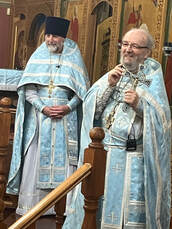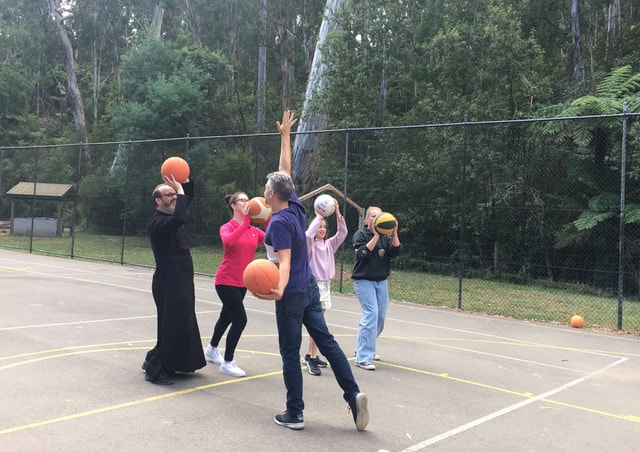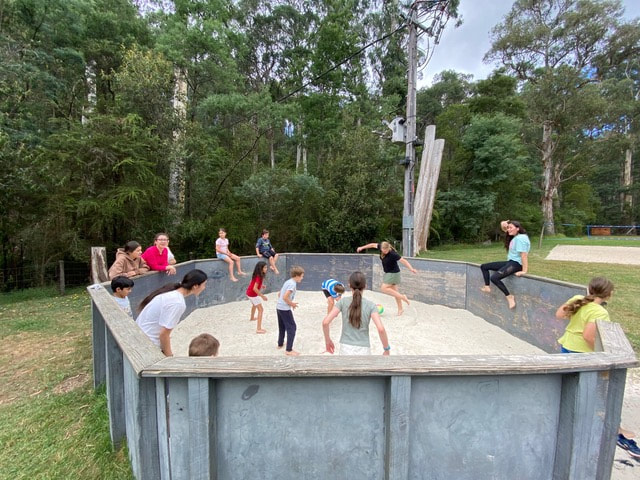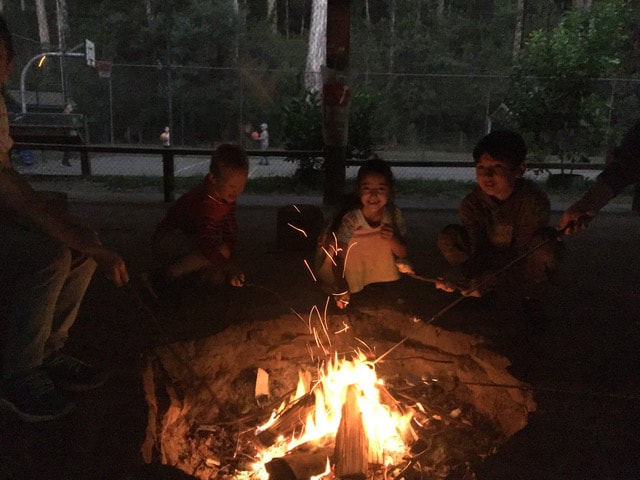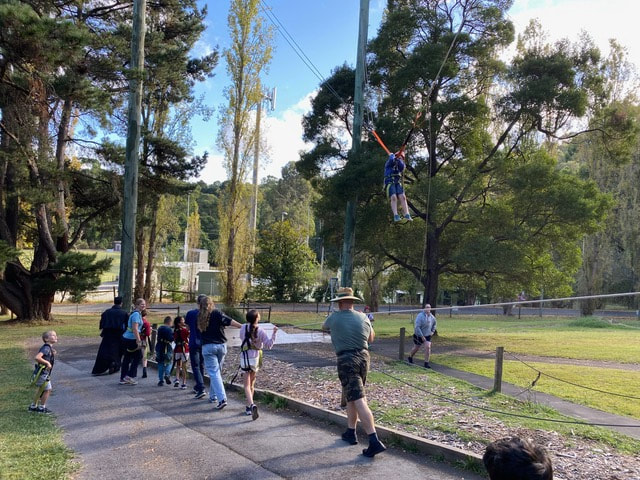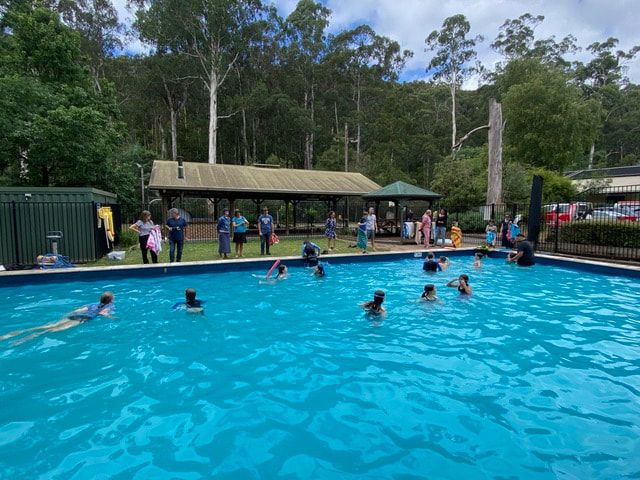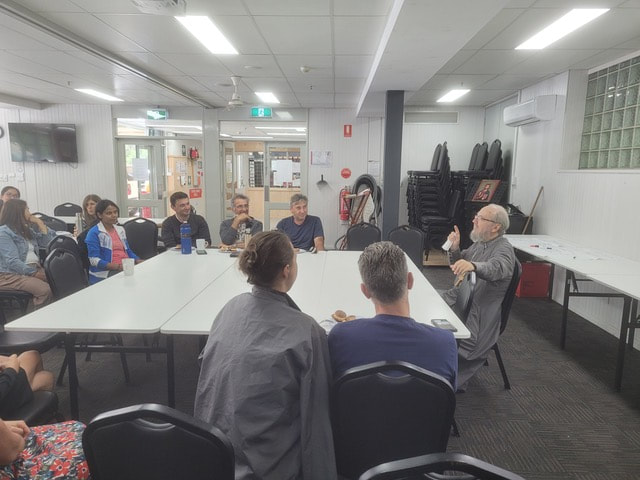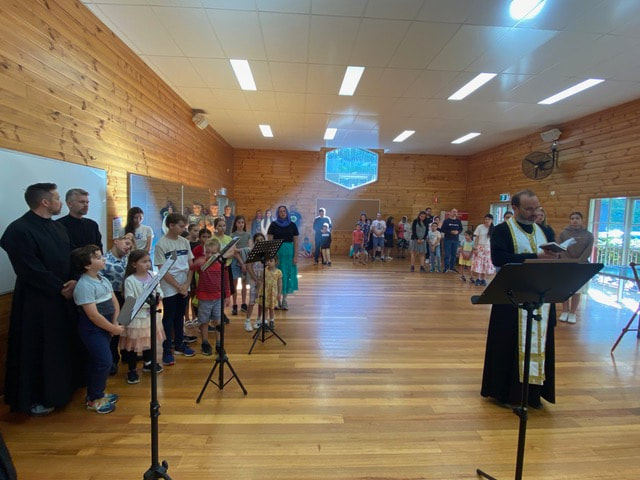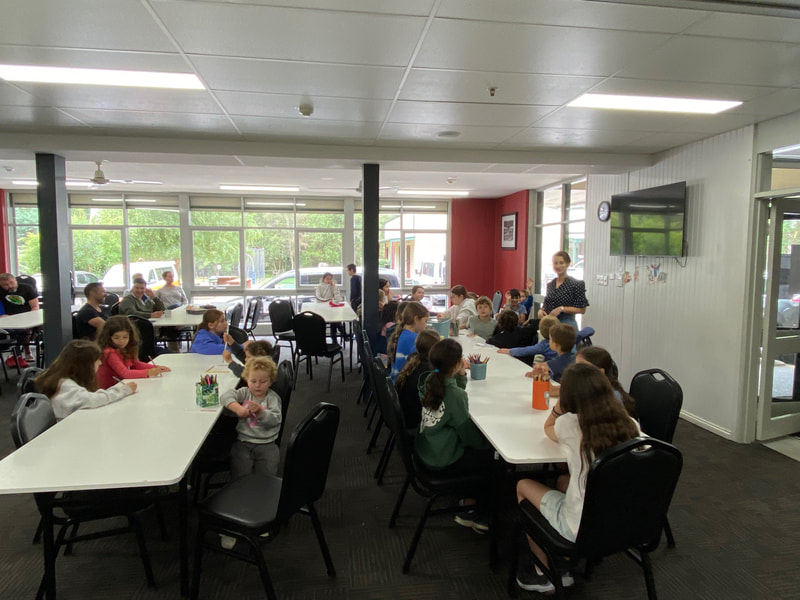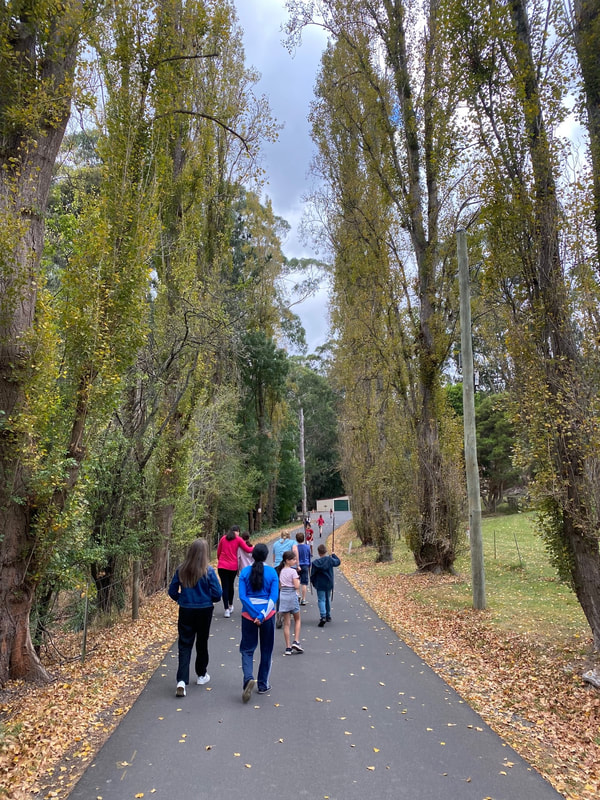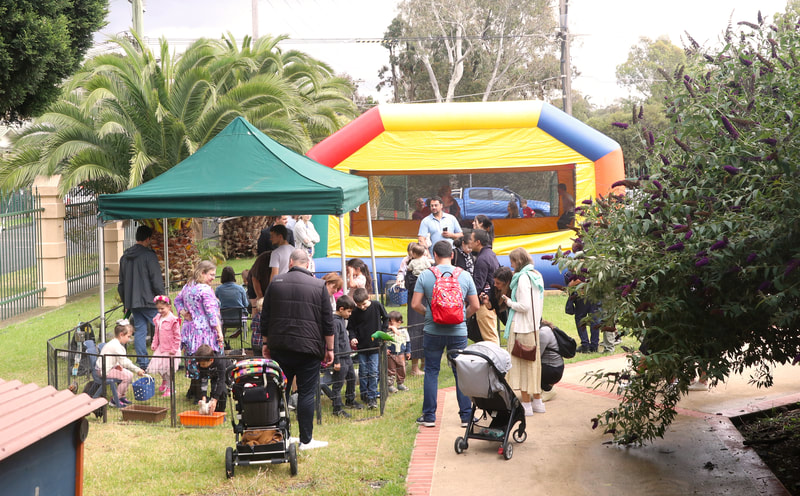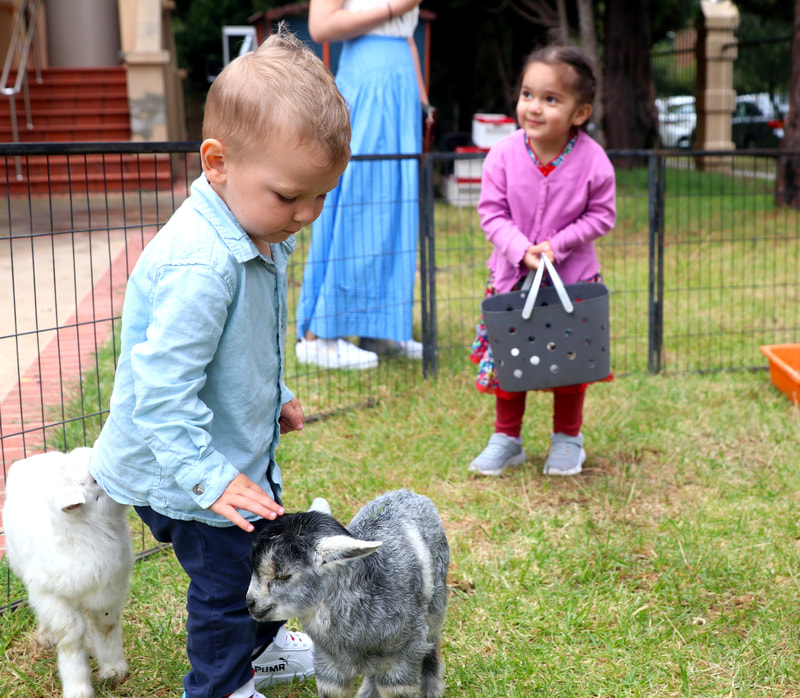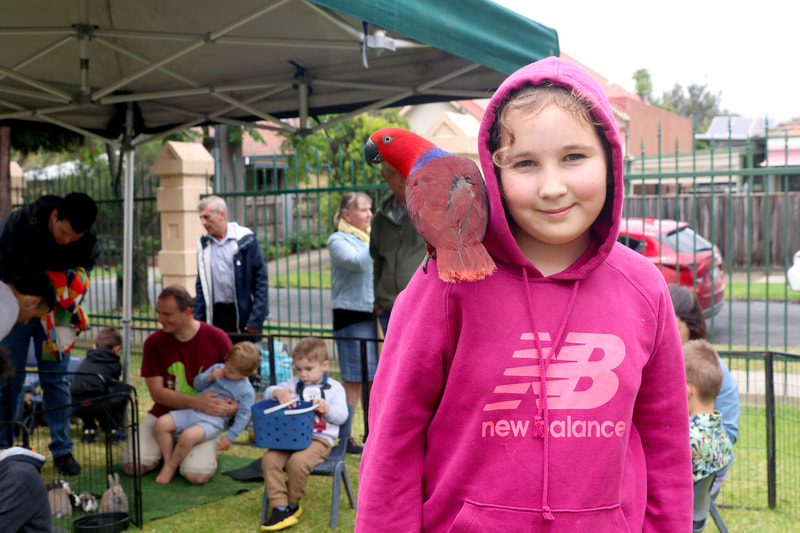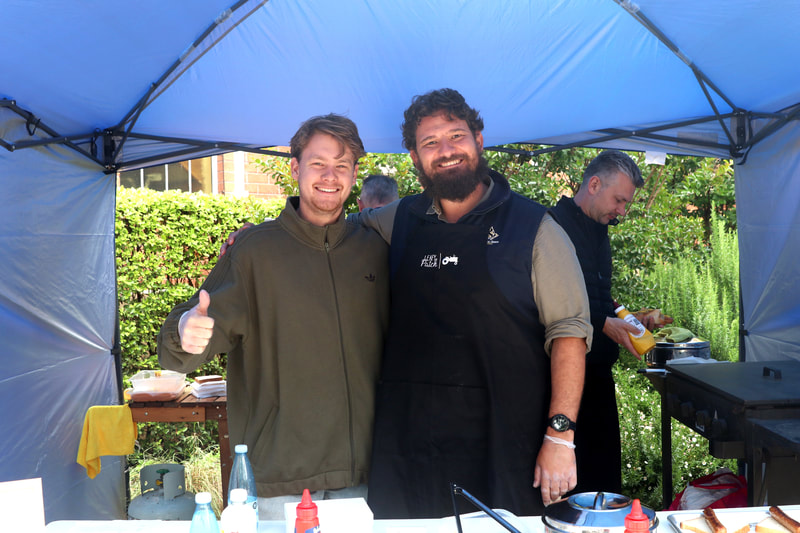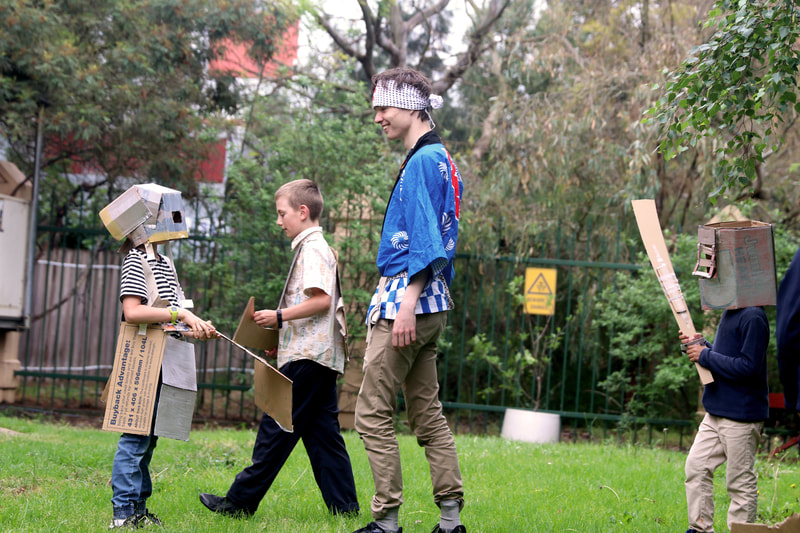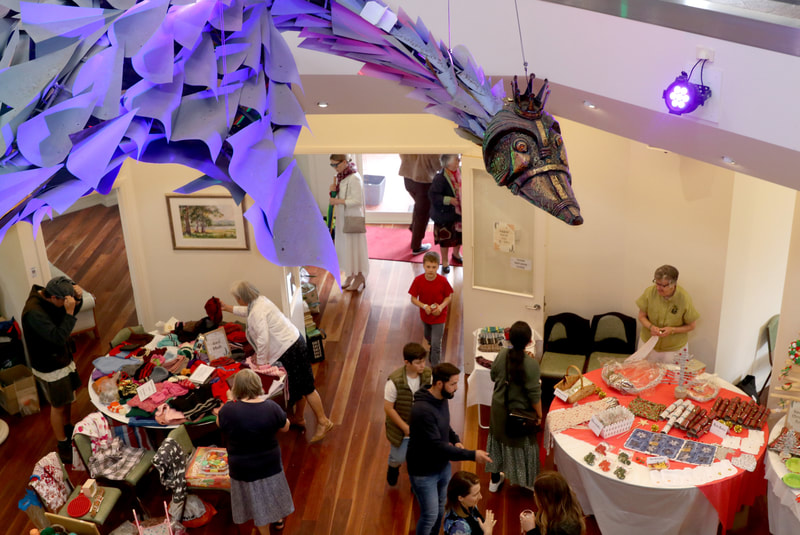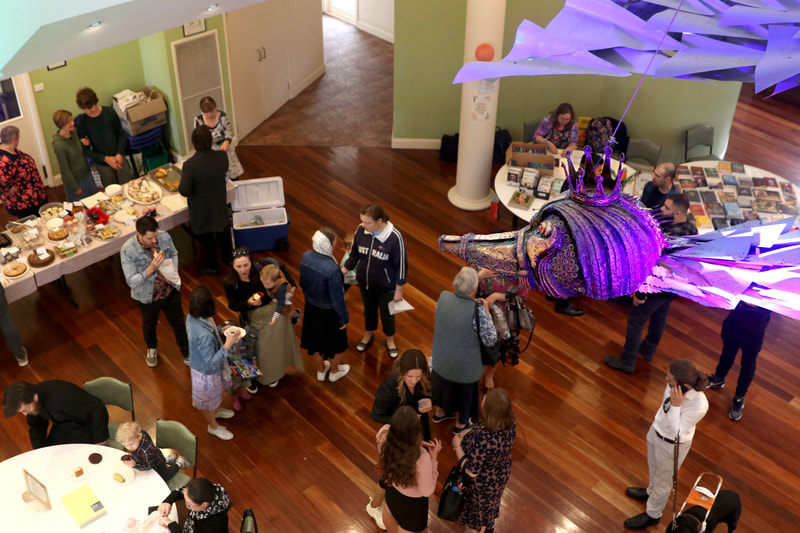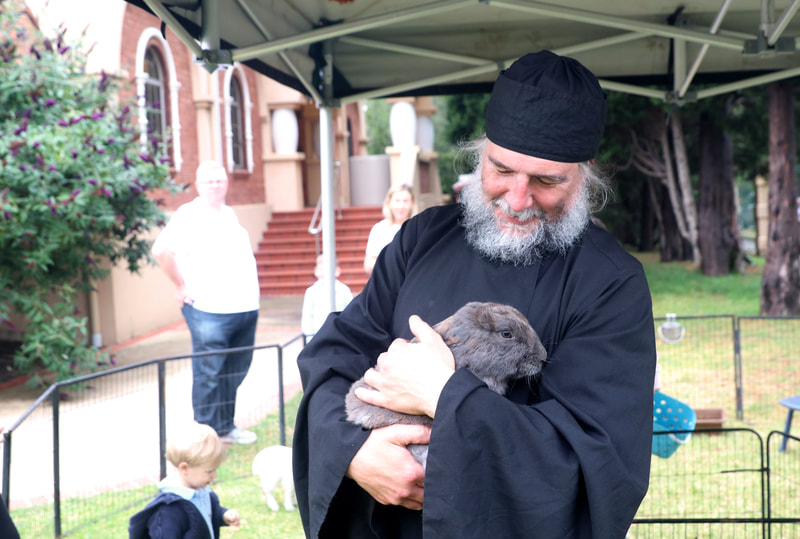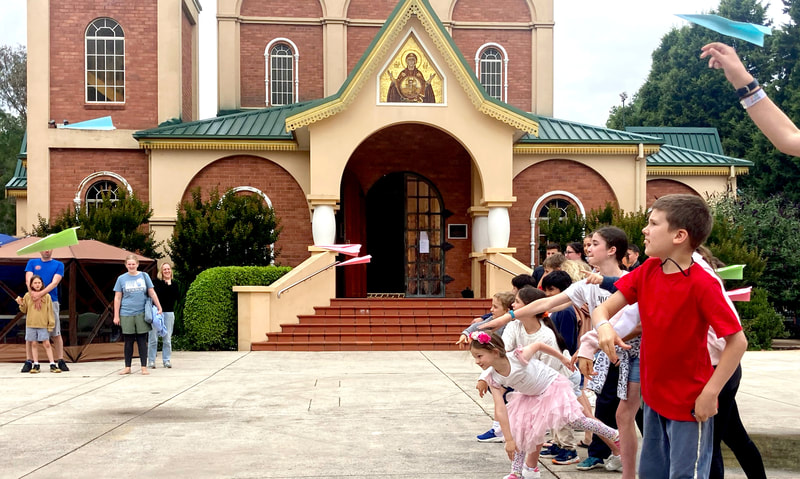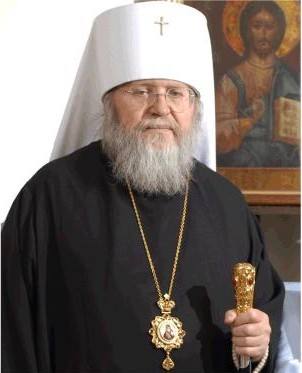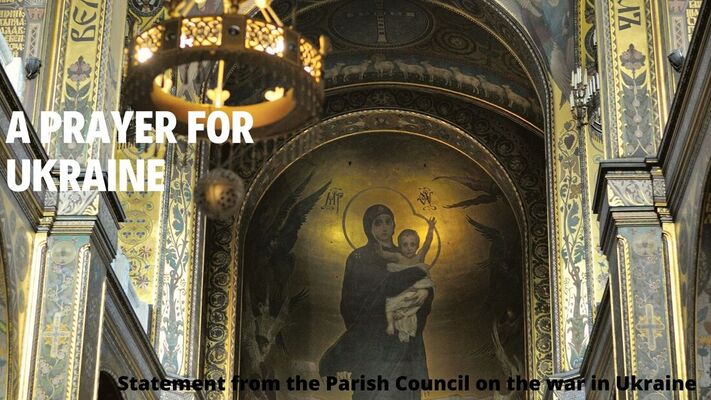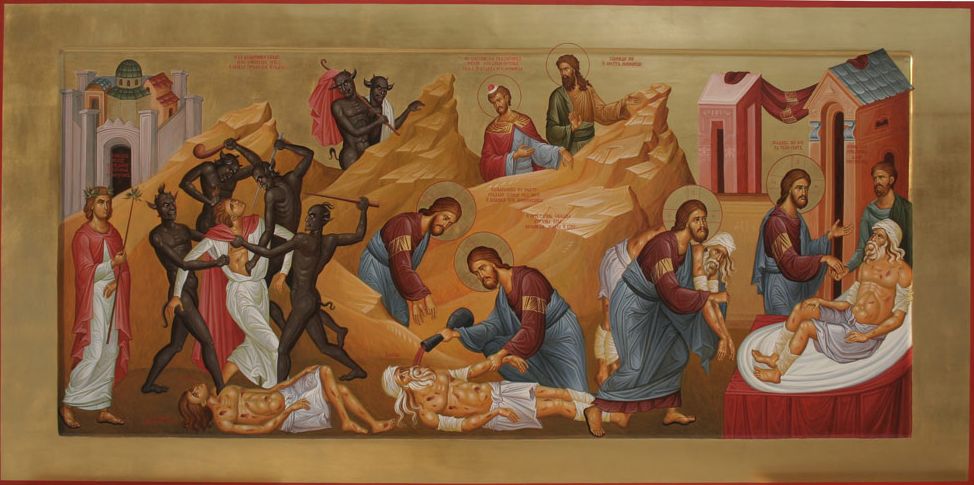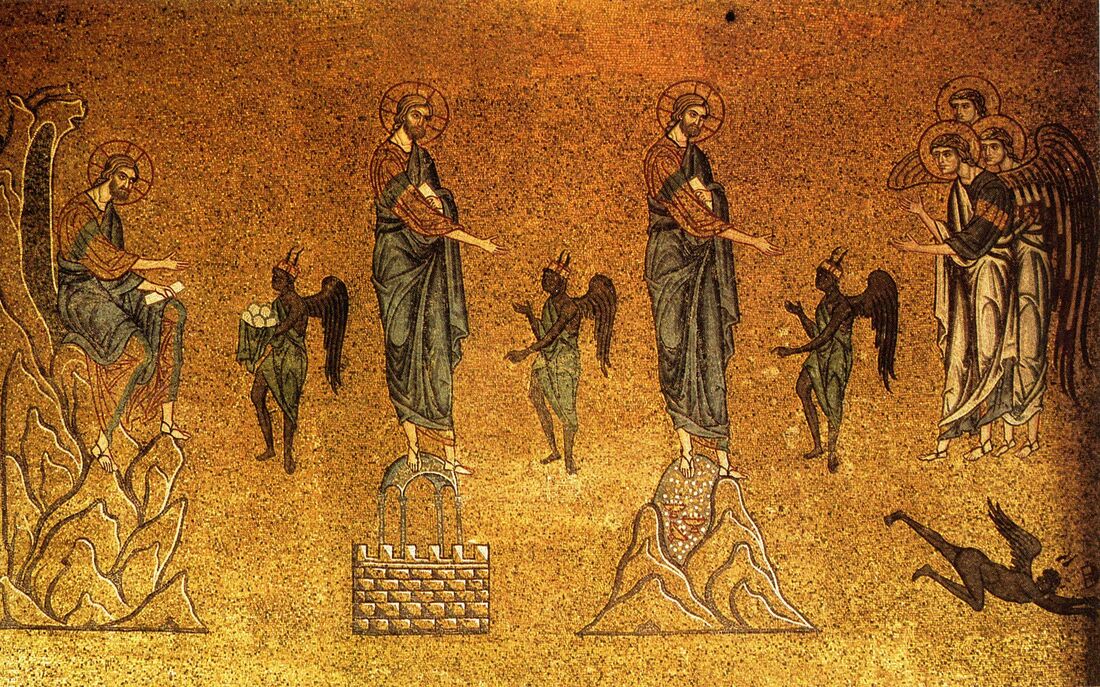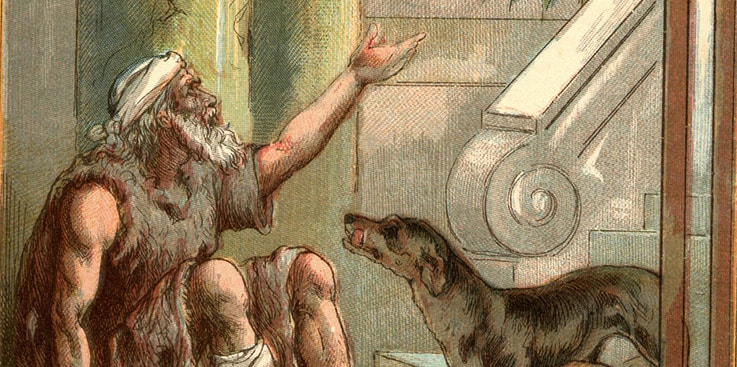 Sunday July 21, 2024 His Eminence, Metropolitan Nicholas, first Hierarch of the Russian Church outside Russia, will make his inaugural visit to Australia in July. He will serve Liturgy at Holy Protection Cathedral on Sunday July 21, which will be followed with a luncheon in the hall afterwards. Tickets for the lunch can be bought from the candle kiosk at church. Adults $30, children 15 & under: $15 The cut-off date for bookings is Sunday July 7 (or earlier if all seats have been sold). Metropolitan Nicholas (Olhovsky) was born to Russian immigrant parents in New Jersey, US. In 1998, he graduated from Holy Trinity Seminary in Jordanville, NY, where he received a Bachelor of Theology Degree. In 2000, he graduated from the State University of New York Technology School, receiving a Bachelor’s Degree in Information & Communications. In 2014, he received monastic tonsure and given the name "Nicholas" after the Holy Hierarch Nicholas of Japan, and was elevated to the rank of archimandrite two weeks later. In 2022, following the repose of Metropolitan Hilarion, Archimandrite Nicholas was appointed acting ruling bishop of the Eastern American Diocese by decree of the Synod of Bishops. A few months later, in September 2022, Bishop Nicholas was elected and confirmed First Hierarch of the Russian Orthodox Church Outside of Russia (ROCOR) by the Council of Bishops and the holy Synod. Metropolitan Nicholas has been appointed as caretaker of the miracle-working Kursk-root icon of the Mother of God 'of the sign' The icon dates back to the thirteenth century and is venerated for the many miracles and help given by the Mother of God. In the year 1295, the icon was found by a hunter in Kursk, a province of Russia that had been recently devastated by the Tartar invasion and left in ruins. As the hunter picked up the icon, lying face down on the soil next to a tree root, the image straight away gushed with pure spring water. Over time, a chapel was built at the site. In 1383 the province was again invaded by Tartars who attempted unsuccessfully to burn the chapel containing the icon; they piled wood all around it but the chapel refused to burn. Centuries later, in 1828, another group of anarchists tried to destroy the icon which was then housed in the Kursk Cathedral of the Sign. They placed a time bomb in the Cathedral which caused massive destruction. However, the holy icon remained intact and even the glass within the frame remained whole. Thinking to destroy the icon, the anarchists had, on the contrary, become the cause of its greater glorification. There are many miraculous accounts of the icon which continued through the Bolshevik revolution to the present day. You can read the full history of the icon here: eadiocese.org/kurskrooticon It has long been the custom of the Synod that the Kursk-root icon be sent regularly to visit all the dicoeses of the ROCOR, being venerated in the Divine Services of their parishes and visiting the homes of the faithful. The icon also makes visits to other parts of the world, where the faithful often arrive in their tens of thousands to venerate it. Friday August 2, 2024, Melbourne Town Hall
Echoes of the Volga - A Night of Passion, Faith and Folklore! Experience the mesmerising harmonies of the Russian Orthodox Male Choir of Australia (ROMCA) as the choir graces Melbourne with a soul-stirring and captivating concert for the very first time! Following their triumphant tours across Sydney, Brisbane, Tasmania, Canberra, and their acclaimed performances overseas across Europe and the USA, this multi-award-winning ensemble brings their unparalleled artistry to the iconic Melbourne Town Hall on Friday 2nd August 2024. The Wonderworking Hawaiian Iveron Icon of the Mother of God will soon be in Australia visiting parishes along the East coast. The icon is a copy of the Montreal myrrh-streaming Iveron icon, cared for by the Blessed Martyr Brother Jose, in the late twentieth century. The origins of the Hawaiian icon was in 2007, when a humble icon of the Mother of God in the home of an Orthodox couple began to exude myrrh. The couple, a sub-deacon and his wife, noticed a strong fragrance coming from the icon corner in their home chapel in Honolulu, and realised the Iveron icon was glistening with myrrh. They brought the icon to church and the priest served the Akathist to the Iveron Icon. The icon continued to stream myrrh and the church was filled with a fragrance of roses.
|
Location |
|










